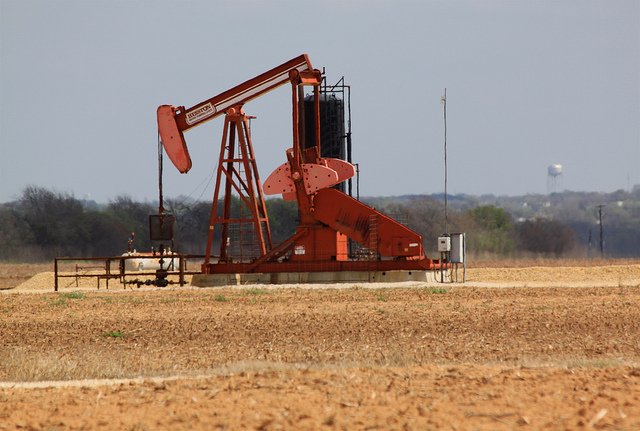The US Energy Information Administration’s (EIA) latest country analysis brief gives insights into Nigeria’s energy sector
The report stated that Nigeria is currently the largest oil producer in Africa. The country holds the largest natural gas reserves in the continent and was the world's fourth-largest exporter of LNG in 2015. The country produced 1.55 tcf of dry natural gas in 2014, which was 14 per cent higher than in 2013.
However, the report points out how Nigeria's oil production is hampered by instability and supply disruptions, which have resulted in unplanned outages of up to 500,000 bpd. Its natural gas sector is restricted by the lack of infrastructure to commercialise natural gas that is currently flared (burned off).
Although Nigeria has the second-largest amount of proved crude oil reserves in Africa, exploration activity has slowed in recent years owing to rising security problems and regulatory uncertainty. Crude oil production had peaked at 2.44mn bpd in 2005, but it began to decline significantly as a result of increasing violence from militant groups.
Oil and gas are the mainstay of the Nigerian economy and it has noticeably been affected by crude oil price changes. According to the figures projected by the IMF, Nigeria's oil and natural gas exports earned US$52bn in 2015, US$35bn less than in 2014, which is largely attributed to the fall in oil prices.
Europe is the largest regional importer of Nigerian crude oil and accounted for 41 per cent of Nigeria's exports in 2015.






